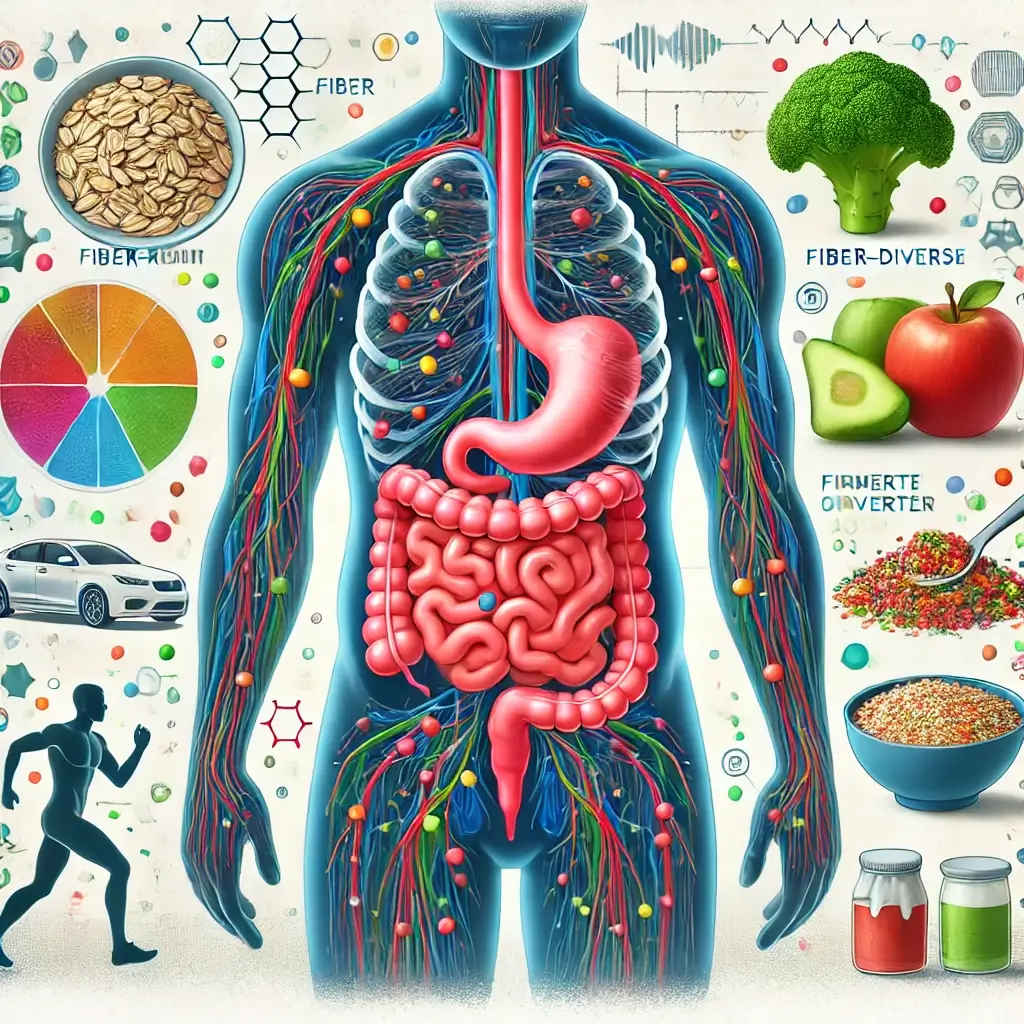Why Eating Fatty Acids Is Good for Your Digestive System
The vast majority of people love greasy dishes, especially at birthday parties. Examples of items belonging to this category include pizza and ice cream. The reality, however, is that consuming foods heavy in fat may make you sick. The following recommendations will assist you in ensuring that your body receives the proper type of fat. To begin with, you should avoid foods with a high concentration of saturated fats.
Short-chain Fatty Acids Enhance Healthy Brain Function
Short-chain fatty acids, often known as SCFAs, are suitable for the general functioning of the brain, according to research. They conduct many functions, including regulating brain cell activity and managing the inflammatory response. In addition, they function in the maturation of the brain’s innate immune system. Despite these positive impacts, some unknowns exist surrounding how these drugs affect the human brain.
Fish with a high oil content typically include omega-3 fatty acids. The omega-3 fatty acids in oily fish benefit the heart and digestive system. Researchers who contributed to published studies discovered that those who consumed oily fish had a dramatically reduced chance of getting cardiovascular disease. Another study found that those who consume oily fish have a lower risk of acquiring rheumatoid arthritis.
Yogurt Contains SCFAs
A short-chain fatty acids diet provides several health benefits, notably for the digestive system. These acids regulate pH levels within the intestinal system, protecting the intestinal lining against developing a leaky gut. This enhances the absorption of vitamins and minerals by the digestive tract.
After consuming fermented foods, such as Kefir or bananas, your stomach may feel better.
Kefir and banana are two fermented foods that are rich in probiotics and can aid in the relief of an upset stomach. You can get Kefir at a store, but if you want to create your own, you must use fresh milk. Avoid adding any flavorings or additional ingredients. Kefir is of the highest quality when it is made from flavorless milk. Additionally, you can get kefir grains from online vendors. These grains contain live cultures and have a texture and appearance similar to cottage cheese. One tablespoon of kefir grains can be added to every cup of milk.
Probiotics Can Be Helpful
Beneficial bacteria, often known as probiotics, are crucial for restoring the natural balance of the gut. There is evidence from specific studies that they can lower the severity of irritable bowel syndrome and eczema symptoms and the risk of getting diarrhea after taking antibiotics. In addition, they appear safe for most folks and should not affect healthy individuals negatively.
Adding Kefir to Your Diet
Incorporating Kefir into your diet is an excellent method for increasing the number of healthy bacteria in your digestive tract. Not only does Kefir contain various probiotic bacteria, but it also has a high nutrient content, including magnesium and vitamin B12, in high concentrations. In addition, it has an abundance of probiotics, all of which are beneficial to the health of your digestive tract. According to several studies, Kefir is one of the finest ways to improve the health of your digestive tract, especially if you have inflammatory diseases.
Why Fatty Foods Are Beneficial for the Gut
The majority of individuals prefer fatty foods, especially at birthday parties. Examples of such foods are pizza and ice cream. The reality, though, is that fatty foods can make you unwell. Here are some guidelines for ensuring you consume the correct type of fat. As a first step, try to avoid foods high in fatty fats.
Omega 3 fatty acids are found in oily seafood
Omega-3 fatty acids in oily fish can protect the heart and aid the digestive system. Consuming oily fish significantly reduces the risk of cardiovascular disease. In addition, another study found that consuming fatty fish reduced the likelihood of developing rheumatoid arthritis.













